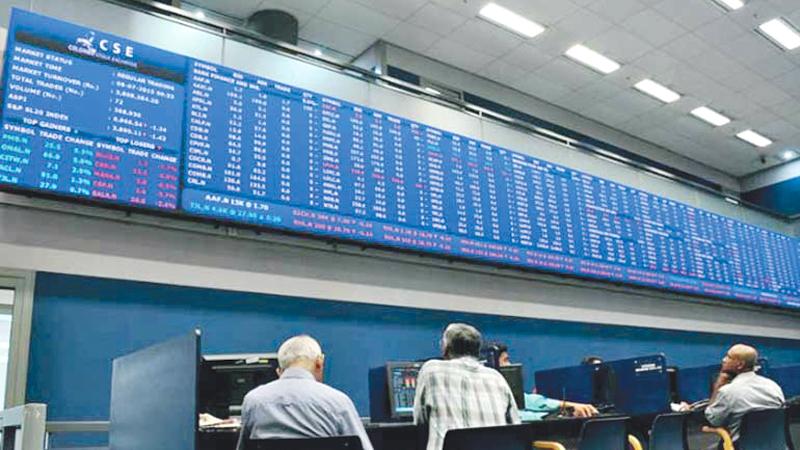
The new Securities and Exchange Commission Act contains many salutary provisions that will ensure efficiency, predictability and consistency in the regulation of the country’s securities market, said Securities and Exchange Commission of Sri Lanka (SEC) Chairman Viraj Dayaratne elaborating on the ‘New Act and the Way Forward’ via a virtual discussion last week.
He said the new Act enables the use of state-of-the-art infrastructure and provides for the different fundraising needs of issuers whilst the ability to introduce a variety of products offers investors a wider choice depending on their risk return characteristics.
In finalising the Act, while retaining the core provisions found in the previous versions, the present Commission has taken steps to eliminate ambiguities and grey areas to ensure there will be no difficulties in its application and implementation, the SEC chief said, adding that there had been numerous consultations with all stakeholders and the public in this long drafting process and their contributions have been of immense assistance in the formulation of this law.
The new Securities and Exchange Commission Act No. 19 of 2021 was certified by the Speaker on September 21. It repeals and replaces the Securities and Exchange Commission Act No. 36 of 1987.
The Act which has been in the pipeline for a considerable period of time contains well thought out provisions which have factored in latest developments in securities markets around the world and adheres to principles and standards propounded by the International Organization of Securities Commissions (IOSCO).
It enables robust regulation whilst facilitating market development and will cater to the present as well as future needs of Sri Lanka’s securities market.
The process of drafting a new law began in the year 2007, consequent to a gap analysis and extensive research carried out on the laws of other jurisdictions. The initiative received technical assistance from the World Bank and experts in Sri Lanka.
The first draft had been completed in 2013 and approved by the Commission at the time. Since that had not been proceeded with, improvements had been made to that draft by the subsequent Commission and having received Cabinet approval, the Bill had been tabled in Parliament in 2018 but was not taken up for debate.
Further changes had been made to that Bill by the previous Commission during the 2018-2019.
The SEC Act comprises seven parts which are further divided into a number of Chapters. A significant feature is that at the beginning of each Part, the ‘object and purpose’ of that particular Part is described in broad terms. This gives an indication of what is sought to be achieved through the provisions contained in such Part.
A key feature of the Act is that a licensed Exchange can list its securities on its own Exchange. There is recognition of a Clearing House acting as a Central Counter Party (CCP) and a CCP has been defined. Detailed provisions dealing with default rules and proceedings have been included in order to cater to situations where a clearing member is unable to meet its obligations regarding unsettled market contracts. The default proceedings have been designed to bring about finality to trades.
It is also pertinent to note that the Act has redefined ‘Market Intermediaries’ and has added a few more categories of persons. They are ‘corporate finance advisor’, ‘market maker’, ‘derivatives broker’ and ‘derivatives dealer’.
The introduction of market makers is important since that will ensure continued and efficient exchange of securities between buyers and sellers, said Dayaratne.
It is expected that the progressive provisions of the Act will make sure that all market participants have the confidence and the necessary environment to engage in their activities which is the ultimate goal of a capital market.
The Commission as the regulator of the market at all times will be aware of the perils of over regulation and therefore be committed to striking the right balance.
At the same time it must be emphasised that if all market participants practice self-regulation and act within the confines of the law, there will be no necessity for most of the provisions contained in the law to be made use of.
